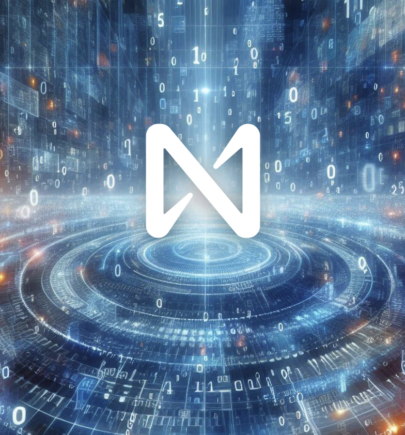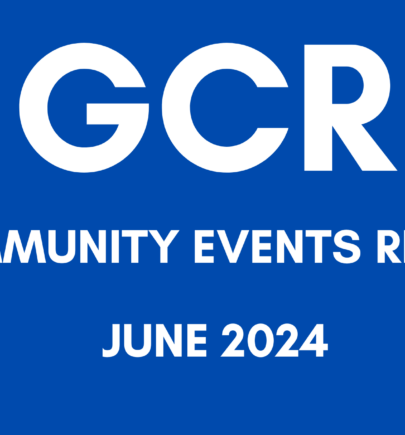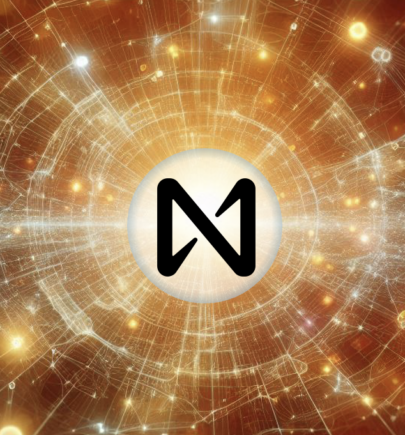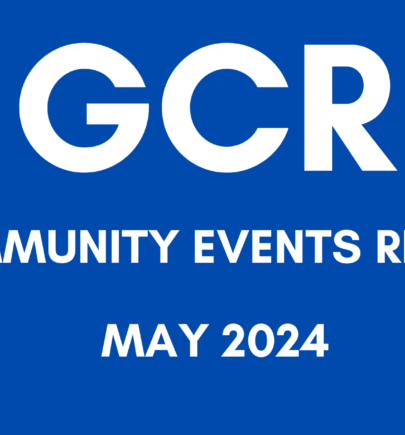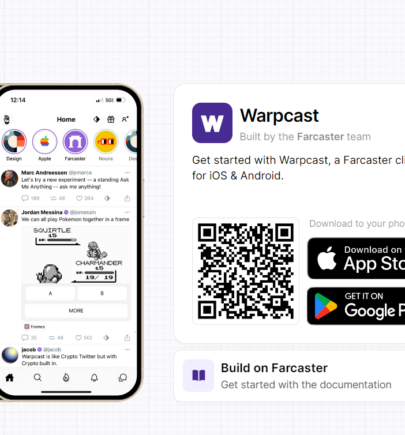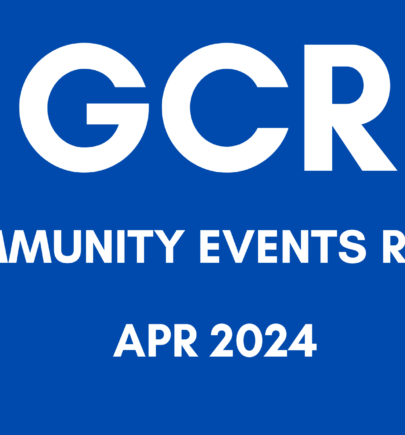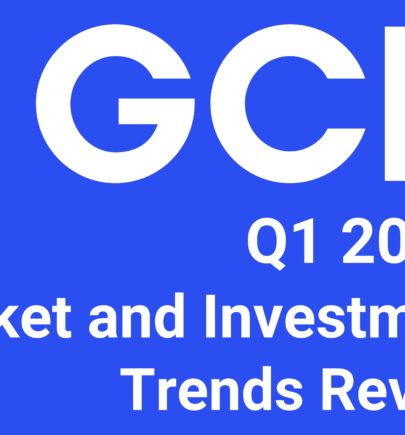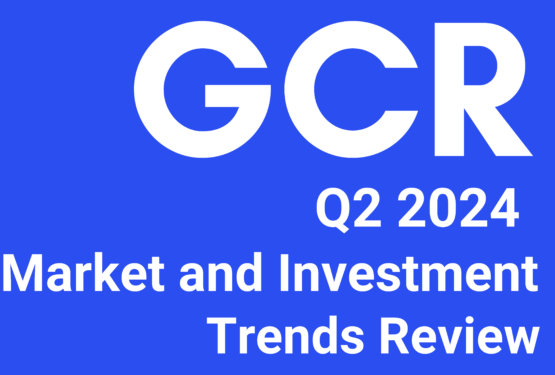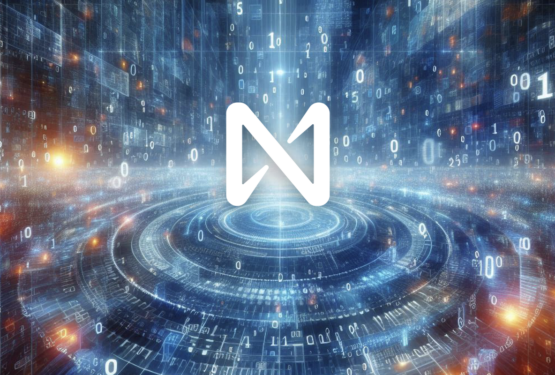NFT Ticketing: A Game-Changer for the Entertainment Industry?
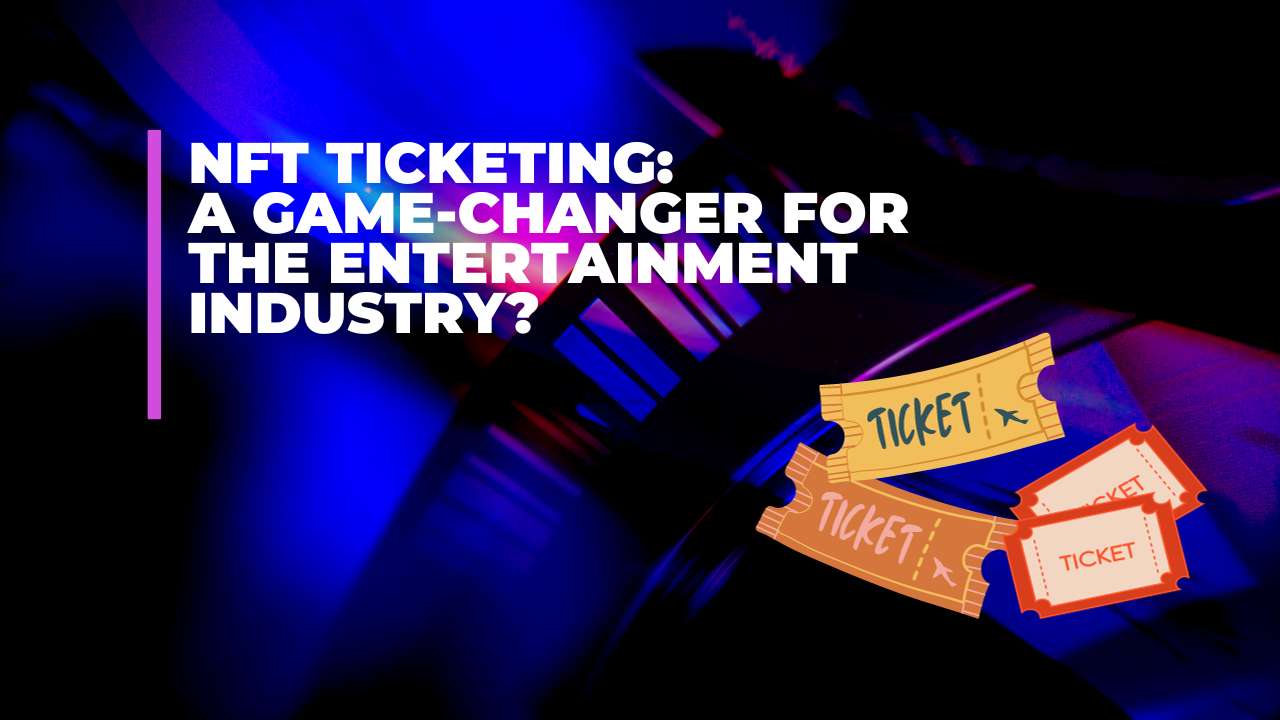
Entertainment & Ticketing Industry Face Several Challenges
The ticketing industry has been a highly lucrative sector with projected revenues exceeding USD 1.6 Trillion by 2028 according to the Events Industry Council, in partnership with Oxford Economics. However, it faces significant unresolved issues. Despite the continuous organization of events and gradual improvements in its systems, current platforms have not succeeded in fully eliminating their inefficiencies, affecting both consumers and organizers worldwide.
First of all, according to SeatGeek data, secondary sales in the United States accounted for a $12 billion market, nearly equivalent to 20% of the total gross ticketing volume. Within this market, neither the ticketing companies nor the producers generate profits from these sales. Moreover, it is estimated that approximately one out of every five ticket buyers functions as a reseller.
On the other hand, a CNBC & Aventus report indicates that at least one out of every ten tickets purchased for events in the United States turns out to be counterfeit. Last year, more than 10,000 people were scammed in Peru at the Bad Bunny concert, while in Mexico, a significant number of scams were witnessed at the recent Taylor Swift concert, hurting users and consumers.
However, for the first time ever, the rise of new emerging technologies like blockchain promises to revolutionize the industry and generate benefits for all parties involved: ticketing companies, event organizers, artists, and fans alike.
The Blockchain & NFTs Benefits
NFTs are tokens that represent unique digital assets, giving us the ability to tokenize both digital and real-world assets like art, collectibles, and even properties. Stored on a blockchain network, they act as verifiable proof of authenticity and ownership. Furthermore, an NFT can only have one official owner at a time and is immune to modifications or counterfeiting.
NFT tickets are digital assets stored on the blockchain, significantly reducing the risk of loss, theft, or damage to your ticket. Additionally, NFT tickets allow for transparent tracking of transactions, offering complete visibility of the real-time movement history. This transformative feature empowers organizers, giving them unprecedented control over primary and secondary sales. This traceability also provides the necessary insights for implementing various related programs.
Similarly, thanks to smart contracts, event organizers and artists have the ability to encode a range of conditions based on their needs, creating richer business models. This encompasses aesthetic customization, quantity, verification methods, and different sales approaches (such as auctions or fixed prices).

Nft Ticket Process Example – insights from UEFA and KNVB
They can also establish specific rules for distributing royalties in secondary sales, for example they can implement automatic royalty payments each time a ticket is resold, creating a new post-sale revenue source for creators and fans. Additionally, this approach could help mitigate excessive resale by either invalidating tickets or imposing a maximum ticket price in the secondary market.
These mechanisms persist even after the event, enhancing data visibility and enabling future actions throughout the process, including attendance tracking, loyalty rewards, pricing adjustments for future events, and resale tracking, among others.
.
Possible benefits that can be provided with NFT Tickets
Main Players: From Legacy Ticketing Companies To Web3 Native Organizations
a.) The Legacy Players
1. Ticketmaster: The current leader in ticket sales in the United States, holding over 70% of the market and boasting more than 113.6 million active monthly users. It stands out as a prominent example of how NFTs are gradually revolutionizing large-scale ticket sales. Ticketmaster has been involved in previous events with the group Avenged Sevenfold, with Binance and The Weeknd in the first web-supported tour, and with the NFL and its commemorative tickets, among others.
The Company has a collaboration with Dapper Labs that enables event organizers and artists to issue NFT tickets before, during, and after live events. At the time of writing, over 5 million non-fungible tokens have been minted on the Flow blockchain. Ticketmaster has issued 700,000 NFTs to attendees of Super Bowl LVI, immortalized with the ticket holder’s unique seat number. In other cases, Ticketmaster NFTs have unlocked rewards and VIP extras for fans after an event.
2. SI Tickets: The ticket sales division of Sports Illustrated, SI Tickets, introduced its “Box Office” platform on May 2, 2023. Since 2021, SI Tickets has sold over 50 million tickets to over 250,000 events. Box Office is a self-service event management and ticket sales system that operates on the Polygon blockchain in collaboration with ConsenSys. Box Office will allow organizers to engage attendees by offering highlights, memories, exclusive offers, and loyalty benefits through NFT technology.
3. TIXR: This ticketing app based in Santa Monica was founded with the intention of modernizing ticketing platforms that were rooted in the past. The company aims to attract users by providing them with exclusive access to events that aren’t listed on Ticketmaster.
TIXR has participated in events such as NFT Arizona and Aku World, the latter being established by former MLB player and artist Micah Johnson. Furthermore, they are venturing into the world of NFTs to enrich the user experience, with a primary focus on integrating these digital assets into the metaverse.
b.) New Entrants
1. YellowHeart | HQ: New York, U.S. | Funding: 7M US$ | Funding Date: April 2022
YellowHeart is arguably the most significant NFT ticket market for top music celebrities and branded events. Its business model focuses on resale royalties. Additionally, it has its own wallet and emphasizes integrating NFTs with physical items. The company has provided NFT ticketing services to several prominent artists, including Kings of Leon and Maroon 5, among others.

Tickets for sale on the YellowHeart Marketplace
2. Bam.Fan | HQ: Vienna, Austria | Funding: 2.1MUS$ | Funding Date: November 2021
Bam offers comprehensive white-labeled ticketing and event management systems, or a simplified API-driven NFT Ticketing as a Service (NFTaaS) model where a user can directly sell tickets on its website and customize the appearance. A great solution for brands looking for a specific look and feel.
3. Get Protocol | HQ: Amsterdam, The Netherlands | Funding: 4.5MUS$ | Funding Date: July 2023
A solution that provides decentralized financial tools to fund events, has regained momentum in the ecosystem, issuing over 4 million blockchain-based tickets with notable artists. In its recent funding round, it saw involvement from notable investors such as Flow Ventures, Animoca Brands, the Tezos Foundation, and individuals like Sebastien Borget, co-founder of The Sandbox.
4. TravelX | HQ: Miami, Florida, U.S | Funding: 10MUS$ | Funding Date: March 2022
The Argentine low-cost airline, Flybondi, has expanded its partnership with TravelX, an NFT flight ticketing company, introducing “Ticket 3.0.” This innovation allows passengers to independently change names, transfer, or sell their “NFTickets,” providing flexibility in the travel experience. Customers can purchase tickets without committing to travel plans or traveler details. This reduces customer service costs and generates revenue through trading fees. Additionally, Flybondi has incorporated a 2% royalty into the NFT smart contract, ensuring fees in the secondary market resale.
There are other participants emerging in this industry around the world, such as NFT TiX (New Jersey), SeatlabNFT (London), Relic Tickets (Florida), etc.
c.) Emerging Markets
1. Toket (Buenos Aires, Argentina): Toket offers developers user-friendly tools for seamless NFT issuance and management within their applications on EVM-Compatible blockchains. This API streamlines NFT creation across diverse domains like art, music, real-life assets, and ticketing. With a single API call or the option to deploy custom contracts, Toket facilitates the generation of NFT tickets for events, ensuring a secure and traceable method for attendance management.
2. MentaTickets (Buenos Aires, Argentina): Menta serves as the fundamental infrastructure for ticket management, catering to entertainment ticketing platforms. It empowers these platforms to enhance their ticket sales and resales through comprehensive control over inventory traceability and distribution. Menta’s solutions are customized to each business individually, ensuring optimal performance.
3. Fanz (Buenos Aires, Argentina): Fanz provides security, authenticity, and transferability to tickets, enhancing the experience for both event organizers and attendees. The Fanz application features a control panel designed specifically for event organizers, aiming to empower them and facilitate efficient management of attendee databases.
Growing Adoption
The adoption of NFTs is growing at events of all kinds around the globe:
• Binance & The Weekend set a milestone by being the first web3-powered tour, to implement collectible NFTs through Ticketmaster.

• Coachella created its own NFT marketplace, selling 10 lifetime tickets for an impressive sum of $1.5 million, including one ticket selling for over $250,000.

• Coinbase sold NFTs for the Governors Ball Festival with VIP access.
• SXSW sold collectible NFTs with access to specialized events.
• Wimbledon sold an NFT of Andy Murray’s 2013 victory with VIP experiences.
• The NFL & Ticketmaster issued 70,000 digital commemorative tickets for Super Bowl LVI.
• The Olympics & with Afterparty, hosted an NFT art and music festival in Las Vegas.

Olympics.com: Officially Licensed Olympic NFT Pins
Closing Thoughts
We are in an interesting phase of ticket issuance evolution. NFT ticket startups bring a bold and innovative approach, challenging the anti-competitive nature of traditional methods. While the leader in NFT ticket issuance is still not clear, Ticketmaster takes the lead by leveraging its strong entertainment footprint. The utility, security, and advantages of NFTs as tickets are undeniable, and established brands could benefit from incorporating them.
[This article has been written and prepared by Renato Martinez and GCR Research Team, a group of dedicated professionals with extensive knowledge and expertise in their field. Committed to staying current with industry developments and providing accurate and valuable information, GlobalCoinResearch.com is a trusted source for insightful news, research, and analysis.]
Disclaimer: Investing carries with it inherent risks, including but not limited to technical, operational, and human errors, as well as platform failures. The content provided is purely for educational purposes and should not be considered as financial advice. The authors of this content are not professional or licensed financial advisors and the views expressed are their own and do not represent the opinions of any organization they may be affiliated with.


